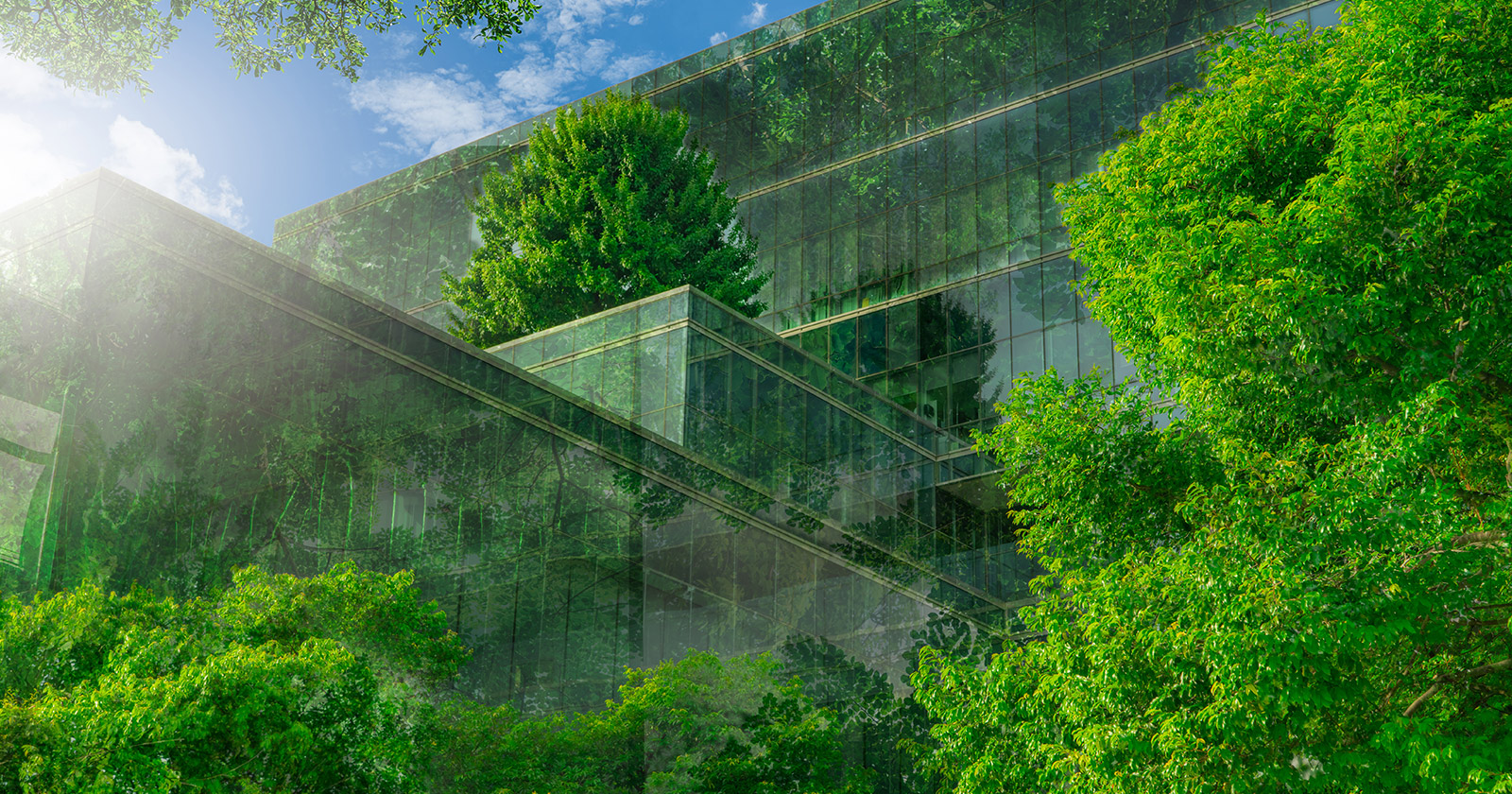
Investing in Tomorrow: The Era of Sustainable Real Estate
Sustainable real estate is revolutionizing the way we think about property development and investment. In this article, we’ll delve into the significance of sustainable practices in real estate and how they contribute to a greener and more environmentally conscious future.
1. Defining Sustainable Real Estate
Sustainable real estate involves the incorporation of eco-friendly practices in the development, construction, and management of properties. It focuses on reducing environmental impact, enhancing energy efficiency, and promoting a healthier living environment for both residents and the surrounding community.
*2. Energy-Efficient Building Designs
A cornerstone of sustainable real estate is energy-efficient building design. This involves utilizing innovative architectural and engineering solutions to optimize energy consumption. From passive solar design to advanced insulation techniques, sustainable real estate aims to minimize the ecological footprint of buildings.
*3. Green Construction Materials
The choice of construction materials plays a crucial role in sustainability. Sustainable real estate prioritizes the use of eco-friendly and recycled materials. This not only reduces the demand for new resources but also minimizes waste during the construction process.
*4. Renewable Energy Integration
One of the key features of sustainable real estate is the integration of renewable energy sources. This includes solar panels, wind turbines, and other technologies that harness clean and renewable energy to power buildings. These solutions contribute to reducing reliance on traditional energy sources and lower long-term operational costs.
Sustainable Real Estate: A Commitment to the Future at CastleManager.net
For those seeking to invest in sustainable real estate, CastleManager.net offers a range of properties and projects committed to eco-friendly practices. Discover how sustainable choices can shape the future of real estate by visiting CastleManager.net.
*5. Water Conservation and Management
Sustainable real estate places a strong emphasis on water conservation and management. This involves implementing water-efficient appliances, landscaping with native and drought-resistant plants, and incorporating rainwater harvesting systems. These measures not only conserve a precious resource but also contribute to sustainable community development.
*6. Smart Home Technologies for Efficiency
The integration of smart home technologies is a growing trend in sustainable real estate. From intelligent thermostats to automated lighting systems, these technologies enhance energy efficiency and provide residents with tools to monitor and reduce their environmental impact.
*7. Community Engagement and Green Spaces
Sustainable real estate goes beyond individual buildings; it encompasses the development of eco-conscious communities. This includes the creation of green spaces, parks, and communal areas that promote a sense of well-being and connection with nature among residents.
*8. Certifications and Standards
To validate their commitment to sustainability, real estate developers often seek certifications such as LEED (Leadership in Energy and Environmental Design) or follow established green building standards. These certifications provide transparency and assurance to investors and homeowners about the eco-friendly features of the property.
*9. Financial Benefits of Sustainable Real Estate
Investing in sustainable real estate not only benefits the environment but also offers financial advantages. Energy-efficient buildings often have lower operational costs, higher resale values, and can attract a growing market of environmentally conscious buyers and renters.
*10. Conclusion: Shaping a Greener Tomorrow
Sustainable real estate is more than a trend; it’s a fundamental shift toward a greener and more sustainable future. By prioritizing environmental responsibility in property development, we can create spaces that not only meet the needs of today but also contribute positively to the well-being of future generations. As we navigate the ever-evolving landscape of real estate, embracing sustainability is not just a choice; it’s an investment in a better, more sustainable world.
